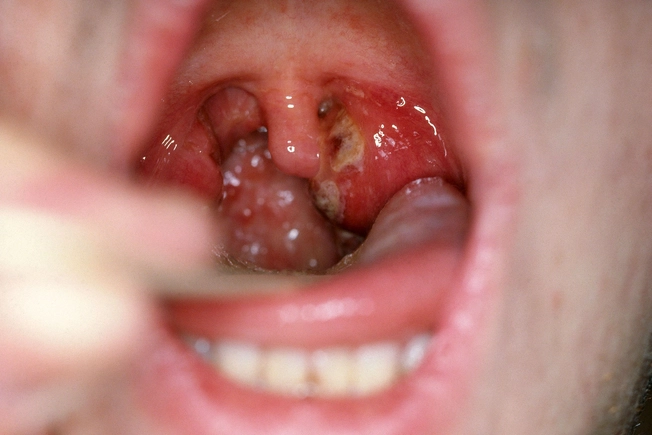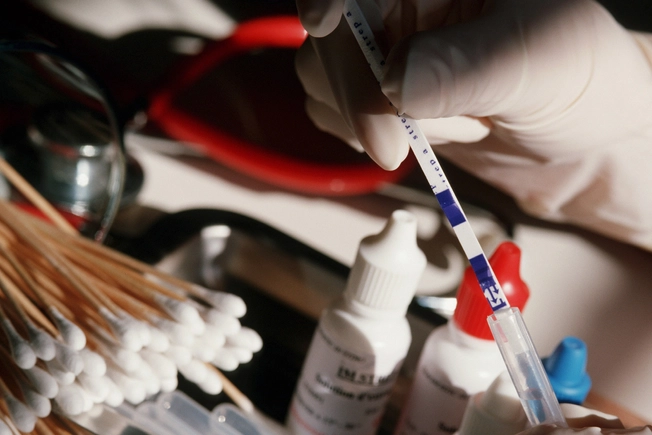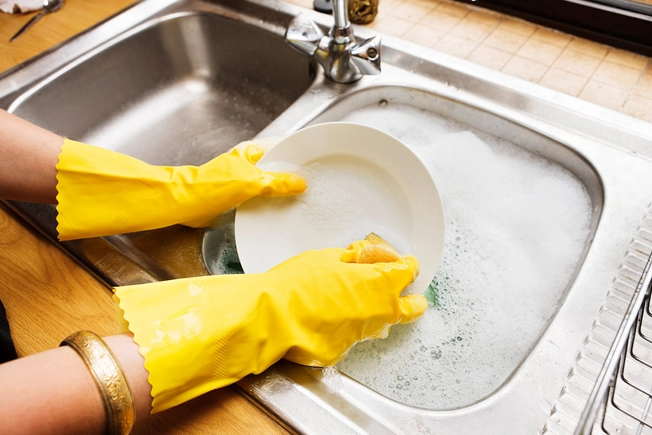Guide to Strep Throat


What Is Strep Throat?
It's an infection of your throat and sometimes tonsils. "Strep" is short for "group A streptococcus," the type of bacteria that causes it. Your throat may get sore and scratchy. Strep throat is most common in kids. Adults who are around children, like parents and teachers, also have a higher chance of getting it. Only your doctor can tell you for sure if you have it.

Causes
Strep bacteria spreads easily from person to person. You can get it if you:
- Breathe in tiny droplets from a sick person's cough or sneeze
- Get droplets on your hands and then touch your mouth or nose
- Use the same plate or glass as a sick person at mealtime

Symptoms
Besides a sore throat that starts quickly, you can have pain when you swallow, a fever, red and swollen tonsils that sometimes have white patches or streaks of pus, red spots on the roof of your mouth, and swollen lymph nodes in the front of the neck.
It's likely not strep if you have a cough, runny nose, hoarseness, or conjunctivitis (pinkeye).

Diagnosis
To find out if you have strep, your doctor will swab the back of your throat to get some mucus. A technician will try to grow, or "culture," any bacteria that might be there. It could take up to 2 days to get results. Some doctors use a "rapid strep test," which might confirm you have it in as little as 15 minutes.

Treatment
Your doctor will likely suggest you take antibiotics for about 10 days. In about a day, your fever should get lower and you'll become much less contagious. In 2 or 3 days, your other symptoms should start going away, too. It's important to complete the full cycle of antibiotics so that the bacteria doesn't return. Don't stop taking them just because you feel better. Talk to your doctor first.

Home Remedies
Though you need antibiotics to treat the root cause, other things can help, too:
● Gargle with warm salt water.
● Use acetaminophen or ibuprofen to ease pain and fever.
● Stay away from spicy or acidic food, like peppers or orange juice.
● Look for mild, soft foods like yogurt, soup broths, and cool drinks.
● Drink plenty of water and suck on ice to lessen throat pain.
● Get plenty of sleep to help fight the infection.

Are You a Strep Carrier?
In some people, particularly kids, strep bacteria lives in the throat, but doesn't cause illness and is less contagious. As many as 20% of children could be in this group, known as "strep carriers." Your lab test may be positive for strep even after you finish taking antibiotics. Once you're a known strep carrier, your doctor might treat your sore throat with different antibiotics, or with none at all.

Prevention
Some good ways to keep from spreading strep to others:
- Cover your mouth and nose when you sneeze or cough.
- Keep your food and drinking utensils separate, and wash them in hot, soapy water after each meal.
- Don't share food, drinks, napkins, or towels with others.
- Wash your hands often, especially after you sneeze or cough.

Risk Factors
Anyone can get strep, especially if you've been in close contact with someone who has it. But it most often infects children from preschool to the early teenage years. The time of year also makes a difference. Though you can get it anytime, it's much more likely in the late fall through winter and early spring. In general, strep seems to thrive wherever people gather in groups close to one another.

Possible Complications
These are rare but may happen, especially when bacteria spreads to other parts of the body:
- Sinus or ear infection
- Swollen tissue (lymph nodes) in the neck
- Sores (abscesses) near the tonsils
- Rheumatic fever
- Scarlet fever
- Kidney inflammation or disease